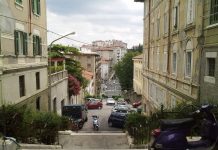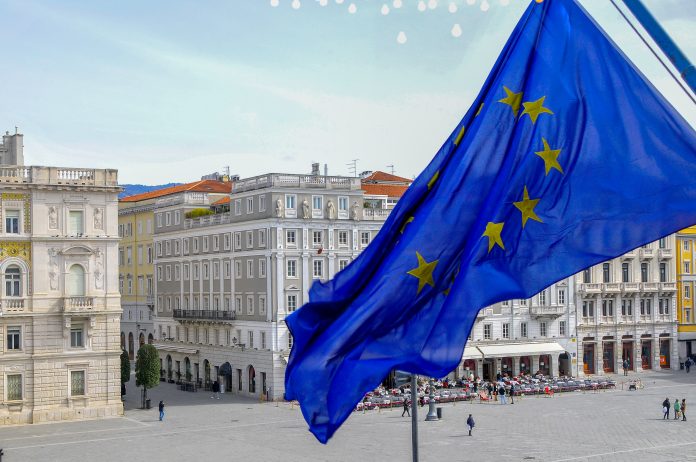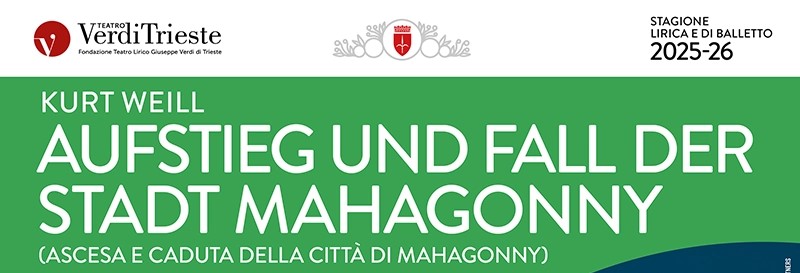by InTrieste
The regional government of Friuli Venezia Giulia has unveiled plans for a wide-ranging overhaul of its laws governing commerce and tourism, a move officials described as the first of its kind in Italy.
Presenting the proposal before the Regional Council’s Second Commission on Wednesday, Sergio Emidio Bini, the regional councillor for Productive Activities and Tourism, outlined a new “Regional Code” that consolidates disparate rules into a single framework. He said the reform is intended to streamline procedures for businesses, strengthen local commerce, and improve the quality of tourism services across the region.
“This is a Copernican revolution for businesses,” Mr. Bini told lawmakers. “For the first time they will be able to rely on a unified text, drafted with simplicity in mind, covering the start-up and management of enterprises as well as the entire system of regional incentives.”
The reform reduces the number of articles from 567 to 143 and merges 14 separate laws into one code. It also simplifies regulations governing regional subsidies, cutting the number of implementing rules from 29 to 7.
Seven key areas form the backbone of the new framework:
- Simplification: Fewer laws and clearer rules for enterprises and citizens.
- Urban Planning and Commercial Development: A regional mapping of retail spaces, streamlined approvals for shops in historic centers, and stricter oversight of large developments outside city centers.
- Support for Local Commerce: Incentives for small shops in towns with fewer than 5,000 residents, measures to reduce tax burdens and rental costs, and targeted aid for historic businesses.
- Sustainable Tourism: Promotion of “slow tourism,” including cycling routes, walking paths, and related lodging options.
- Tourism Consortia: Dedicated funding channels tied to annual strategic marketing plans.
- Hotel Classification Reform: A new European-inspired system based on services provided, with voluntary participation linked to regional promotional campaigns.
- Tourist Tax: Broader use of local lodging taxes, with municipalities granted greater discretion over spending.
Mr. Bini also addressed growing concern over sharp increases in hotel prices during major events. He said the government is studying the introduction of a voluntary code of conduct for hoteliers, developed in consultation with industry associations. Only establishments adopting the code would be eligible for promotion through the regional tourism board, PromoTurismoFVG.
In addition, regional authorities are considering greater flexibility for municipalities in applying tourist tax revenues. Local governments will be allowed to decide how to allocate funds, though sums exceeding €100,000 would require consultation with PromoTurismoFVG and industry representatives.
The proposed Regional Code will now move through further stages of debate and amendment in the council before adoption.
































